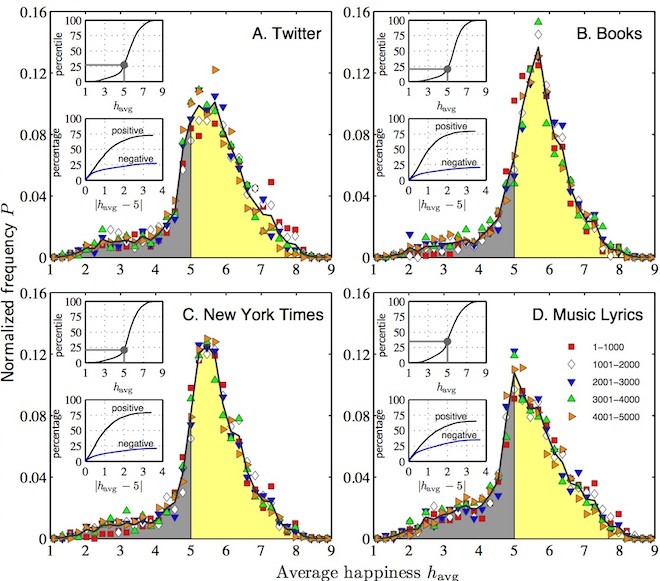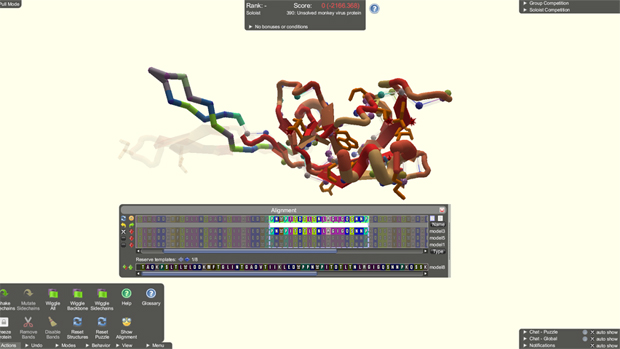According to National Security Agency (of the USA) whistleblower William Binney, the NSA probably has most of our email. See the video Whistleblower: The NSA is Lying–U.S. Government Has Copies of Most of Your Emails. The question then is what they are doing with it? He mentions that the email can be “put it into forms of graphing, which is building relationships or social networks for everybody, and then you watch it over time, you can build up knowledge about everyone in the country.” (see transcript on page). In other words they could (are) building a large social graph that they can use in various ways.
In the transcript of the longer video Binney talks about various programs developed to filter out all the information:
Well, it was called Thin Thread. I mean, Thin Thread was our—a test program that we set up to do that. By the way, I viewed it as we never had enough data, OK? We never got enough. It was never enough for us to work at, because I looked at velocity, variety and volume as all positive things. Volume meant you got more about your target. Velocity meant you got it faster. Variety meant you got more aspects. These were all positive things. All we had to do was to devise a way to use and utilize all of those inputs and be able to make sense of them, which is what we did.
Binney goes on to talk about the code named Stellar Wind program that Bush authorized and then was forced to change after a revolt of some sort in the Justice Department in 2004. Stories tell of senior Bush advisors trying to get Ashcroft to sign authorization papers for the program while he was in the hospital. As for Stellar Wind, it seems to be mostly about metadata – the date, to, and from of emails that you could use to build a diachronic social graph which is what Binney was talking about. Strictly speaking this would be social network analysis rather than text analysis, but they might have supplemented the system with some keyword capabilities. Another story from Time points out the problem with such analysis – that it generates too many vague false positives. “Leads from the Stellar Wind program were so vague and voluminous that field agents called them “Pizza Hut cases” — ostensibly suspicious calls that turned out to be takeout food orders.”
Either way, these hints give us a tantalizing view into how text and network analysis is being experimented with. Are there any useful research applications?





